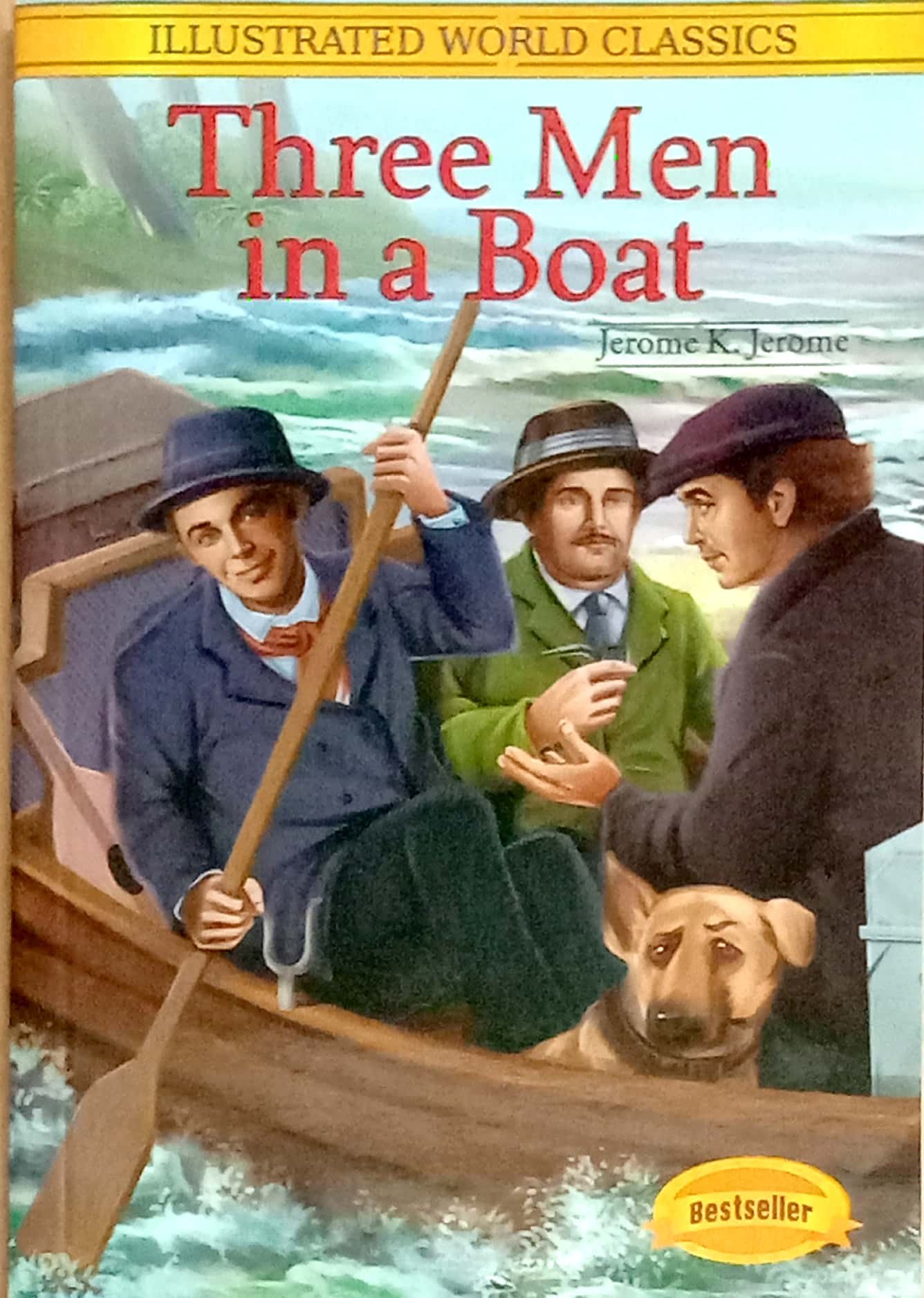

Dorchester is a delightfully peaceful old place, nestling in stillness and silence and drowsiness.


It can be reached by paddling up the Thame, if you have a small boat but the best way is to leave the river at Day’s Lock, and take a walk across the fields. Dorchester stands half a mile from the river. Here’s an example of Jerome’s factual but dreamy guidebook style:įrom Wallingford up to Dorchester the neighbourhood of the river grows more hilly, varied, and picturesque. It is ever so much simpler, and more comfortable.’Īdmittedly the book as we have it now almost completely submerges this factual information in prolonged comic digressions and humorous sketches, but as a practical guide, it still has a vestigial interest: most of the route, the locks and so on are unchanged and most of the pubs and inns named are still open. ‘We won’t take a tent,’ suggested George ‘we will have a boat with a cover. The book was originally conceived as a mixture of history book and tourist guide to cash in on the newish pastime, and quite literally showed ‘how to do it’, with advice on how to hire a boat, what kind to get (our heroes hire ‘a Thames camping skiff’, ‘a double-sculling skiff’), an itinerary with top sights to spot, what to expect, how far to expect to travel each day, with historical notes about Romans and Saxons and kings and queens and the castles and monasteries of each Thames-side settlement. In fact at various points the narrator complains about the Thames becoming too busy with pleasure craft, with thousands of skiffs and rowboats and his particular bete noire, the steam pleasure cruiser. As a result a new fashion had been developing since the 1870s for boating as a leisure activity. One answer is that the book caught the spirit of a moment when commercial activity on the Thames had all but died out, almost the entire barge traffic which dominated it having been decimated by the railway revolution of the 1840s and 1850s. Despite being slapdash in ‘plot’ and very uneven in tone, it was wildly popular upon publication, has sold solidly ever since and been translated into loads of languages. It describes the lazy dawdling progress of three late-Victorian ‘chaps’ on a 2-week boating holiday up the River Thames from Kingston upon Thames to Oxford and back again. Three Men in A Boat is routinely included in any list of the funniest books ever written in any language. George said: ‘Let’s go up the river.’ He said we should have fresh air, exercise and quiet the constant change of scene would occupy our minds (including what there was of Harris’s) and the hard work would give us a good appetite, and make us sleep well.


 0 kommentar(er)
0 kommentar(er)
